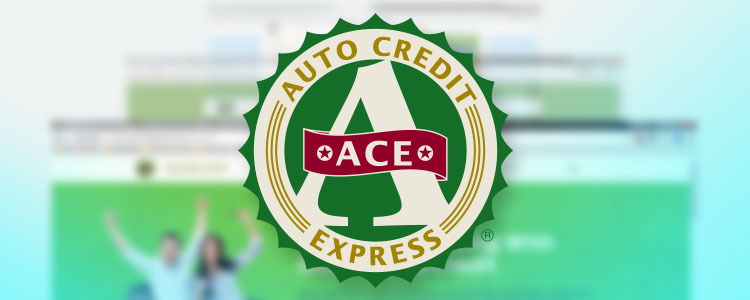You work hard doing the daily grind five or more days a week. If you work a job in the service industry, such as wait staff or bartenders, you know that tips are your bread and butter. Coming home every night with a pocketful of cash can seem like a great thing, especially if you are saving for a big ticket item, like a car. Unfortunately, when you work in the food service industry, those cash tips could pose a problem if they are left unreported.
Employees in this industry often get paid less than minimum wage because their cash tips will potentially make up the difference. As many people who earn tips know, it can be a common practice not to report, or to under-report—where you report less than you actually made—your cash earnings. If your tips are left as unreported wages, this could hurt you when trying to purchase a car, especially if you have bad credit.
Don’t Forget Your Tips
The best bet as a server is to make sure you are reporting your tips. According to the federal government, tips are considered taxable income if they equal $30 or more per month. This will allow you to prove your income with current check stubs showing W-2 wages. If the tips you make in cash are not added to this amount, you may not meet the lender's requirements.
Let’s look at how not claiming your tips and leaving them unreported could affect you.
 You may not show enough income to qualify – Typically, when you have bad credit, a lender will require you to have a minimum income of $1,500 to $2,000 gross per month. According to PayScale.com, the average hourly wage for restaurant workers in the U.S. is $4.89. At that rate, your monthly gross income lands somewhere around $847.
You may not show enough income to qualify – Typically, when you have bad credit, a lender will require you to have a minimum income of $1,500 to $2,000 gross per month. According to PayScale.com, the average hourly wage for restaurant workers in the U.S. is $4.89. At that rate, your monthly gross income lands somewhere around $847.- You may be denied because of your debt to income ratio – Even if you were to meet the minimum income requirements, you may still be in some hot water with a server’s income. This is due to the fact that a lender will use a debt to income (DTI) ratio to ensure that you can afford to take on the burden of a car payment. A DTI shows your income relative to your monthly bills. It is calculated by dividing your total monthly income into your total monthly bills. Let’s say your monthly bills are $800, and your gross monthly income is the $847 we mentioned above; your DTI in this case is 94.45%. Here’s how the math looks: 800/847=0.9445. To a lender who cannot verify the money you bring home in tips, it looks like your bills require most of your income.
There are jobs other than the food service industry—such as housekeepers or hair dressers— where people are paid in cash, or are tip workers. These careers can also feel the strain of proving income when trying to purchase a vehicle.
The Bottom Line
When you need to purchase a vehicle, and you have bad credit, know that being able to provide the proper documentation for your income is vital. Without this, you may not meet the requirements needed to buy your next vehicle.
If you are ready to get the car buying process started, let Auto Credit Express help you begin. Our network of special finance dealers has the lending resources to help people who are in challenging credit situations. Simply fill out our no cost, obligation-free online auto loan request form to take the first steps today!
















